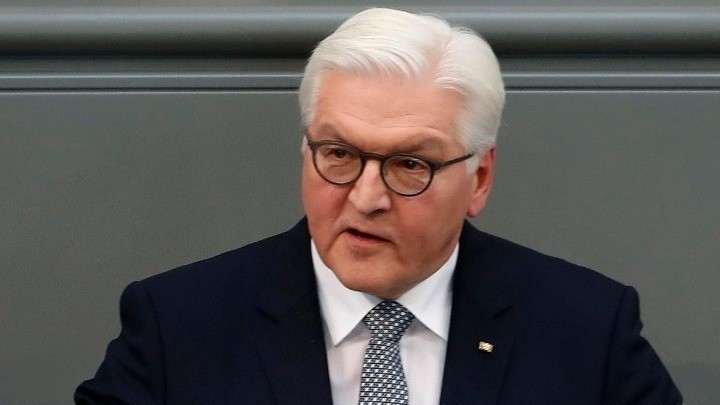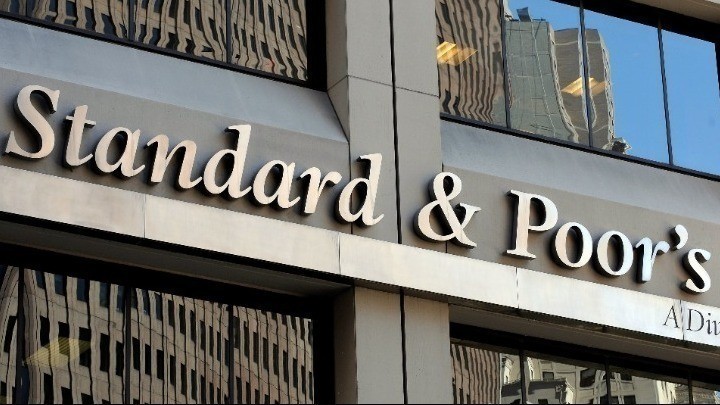
Greece’s Daily Torment
By Justine Frangouli-Argyris
The never-ending torment that the Greek people continue to experience, a full three years after the government’s bailout loan agreement with the IMF, ECB and EC triumvirate (2010), has brought the nation to a breaking point. With the “troika” descending quarterly on Athens to review the government’s progress on reducing the budget deficit, the Ministry of Finance has, literally, been turned into an accounting office, trying to devise any which way to show a diminished fiscal gap in order to appease its daunting creditors.
Instead of the Samaras government focusing its attention on long overdue legislative and taxation reforms to bring in much needed revenue and kick-start some semblance of an economic recovery, it is continuously forced to enlist armies of staffers to prepare documentation showing a shrinking budget hole in order to receive the next bailout installment. Trapped by the relentless demands of its northern European partners, Greece has become a disturbing model of idleness and stagnation.
The most recent evaluation of the country’s performance, in lieu of the discussion of the disbursement of the next tranche of funding at this week’s meeting of the Eurogroup, created such an asphyxial climate and such heated deliberations that 38-year-old Italian IMF employee, Giovanni Callegari, was sent to a hospital in Athens, having suffered a stroke.
The tension in the air, resulting from the persistent obstinacy of negotiators Klaus Masuch, Matthias Mors and Paul Thomsen, representing the ECB, EU and IMF respectively, was so thick that even moderate Greek Finance Minister, Yannis Stournaras allegedly protested, “… do not push us anymore… if you want more measures, then take the keys to the Treasury and give them to Tsipras [the hard-line leftist leader of the official opposition].”
Among the incomprehensible decrees was a refusal to allow the merger of two of Greece’s largest banks, the National Bank of Greece and Eurobank, forcing the troubled financial entities to seek separate re-capitalizations that would be entirely covered by the overburdened state. The directive created much turmoil, adding further uncertainty to a sector already reeling from the recent developments in Cyprus, making depositors and investors very jittery and forcing Mr. Stournaras and Mr. Provopoulos, the Governor of the Greek Central Bank, to offer repeated assurances as to the safety and stability of the Greek banking system.
Another persistent demand is that of the immediate dismissal of 25,000 public servants without any consideration of the negative consequences this measure would bring. For, these employees, overwhelmingly in the twilight of their careers and thus highly paid, would simply end up as early, expensive pensioners or on unemployment insurance, burdening, rather than alleviating, national finances.
This bewildering cocktail of ongoing austerity measures, forced upon an already devastated economy in strict accordance with the “troika’s” solitary emphasis on austerity, will cost the Greek economy another 4.6 percent of GDP this year and will push unemployment to a new record high of 27.6 percent, according to the Foundation for Economic and Industrial Research. (Already, Greece’s unemployment rate scaled a new record of 27.2 percent in January.)
Sadly, nowhere among the daily discourses and communiqués is there any mention of provisions for the implementation of projects or initiatives that could stop the decay and create growth. Everyone, government officials and economists alike, is in accordance that only a growing economy can bring finances back into equilibrium but, unfortunately, this obvious argument remains buried under the weight of austerity.
The meek Greek government, constricted by the boundaries of producing ever-shrinking budget deficits and by the demands of further tightening from its European partners, sits idly by, helplessly watching a dying economy plunge further into the abyss.

